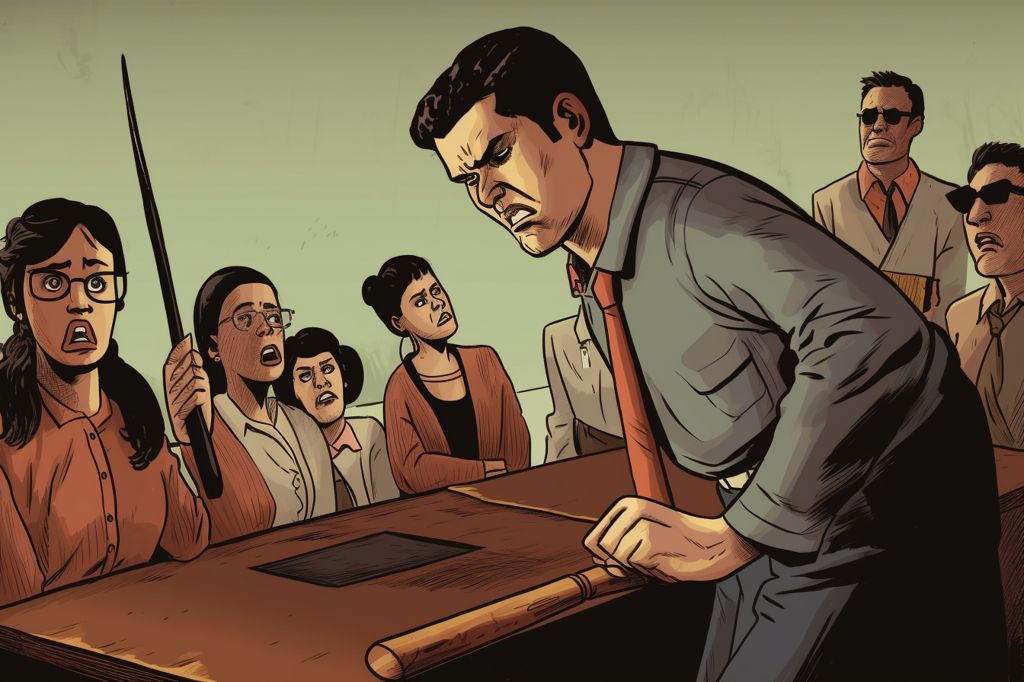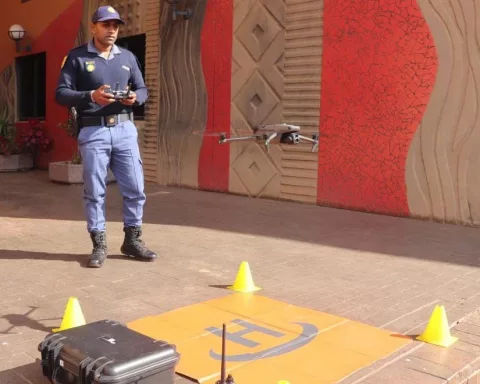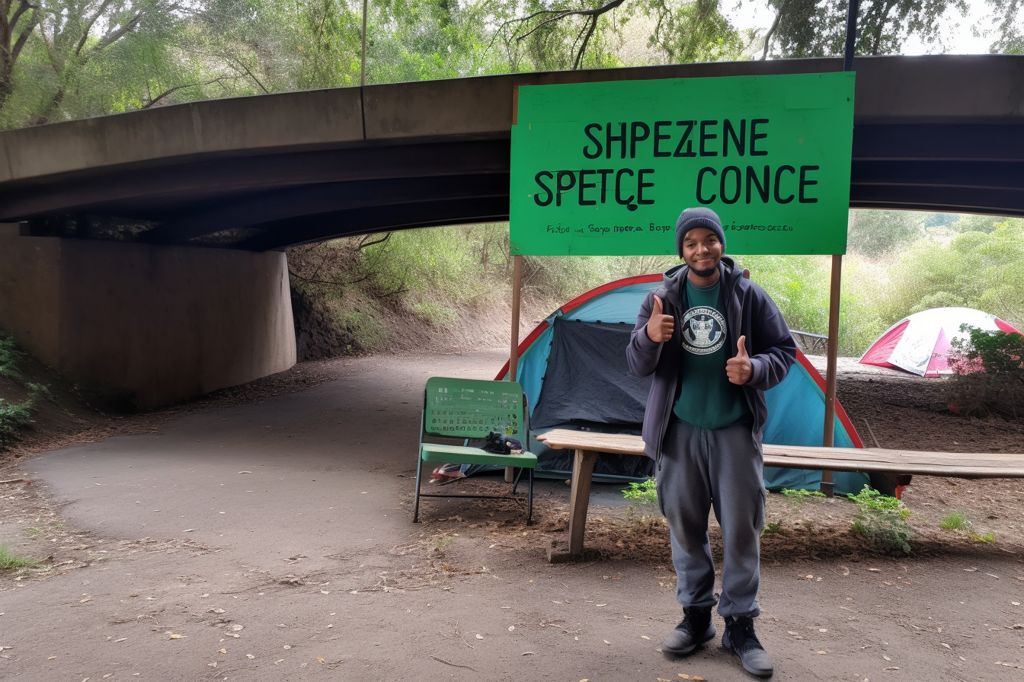In recent years, South African schools have been plagued by a worrying trend of teachers engaging in assault and corporal punishment. The Eastern Cape province, in particular, has seen six teachers from different schools facing investigations for such offenses. Last year, three teachers were dismissed for similar misconduct, and another resigned earlier this year. The issue came to light again after an incident at Huku Senior Secondary School in Mandileni village, where three grade 12 students accused their principal of beating them.
Students Accuse Principal of Assault and Corporal Punishment
According to the students, they were beaten by the principal after missing an early morning class. They explained that the roads were still dark and dangerous at that hour, but their explanation was ignored. Instead, the principal allegedly hit them with a hosepipe on their hands and legs, causing severe bruises. One of the students, an 18-year-old girl, sustained injuries, and photographs of her bruises went viral on social media.
Department of Education Takes Action
The incident at Huku Senior Secondary School has prompted calls for intervention from the education department. Corporal punishment has been outlawed for years, and the department confirmed that the principal had been placed on precautionary suspension pending the investigation results. Malibongwe Mtima, the provincial education spokesman, emphasized that corporal punishment has no place in South African schools.
Support for Eliminating Corporal Punishment in Schools
The South African Democratic Teachers’ Union’s provincial secretary, Malibongwe Ntame, supported the department’s efforts to eliminate corporal punishment. Equal Education Researcher Stacey Jacobs added that while corporal punishment is banned in schools, it continues to be used as a disciplinary measure. Jacobs highlighted the importance of training teachers in alternative methods of discipline, pointing to the Department of Basic Education’s Protocol to Deal with Incidents of Corporal Punishment in Schools as a valuable resource for school officials, parents, caregivers, and students.
Reporting Incidents of Corporal Punishment
Jacobs advised reporting incidents of corporal punishment to the South African Police Service and the South African Council of Educators for further investigation and discipline. The Equal Education Law Centre may also serve as a resource for affected learners and parents.
Comprehensive Measures Needed for Student Safety
The ongoing issue of corporal punishment in South African schools demonstrates the need for comprehensive measures to ensure the safety and well-being of students. In addition to strict enforcement of the ban on corporal punishment, increased support for alternative disciplinary methods and training for educators may help address this trend. It is vital to create a safe and conducive learning environment where students feel protected from harm or abuse.












